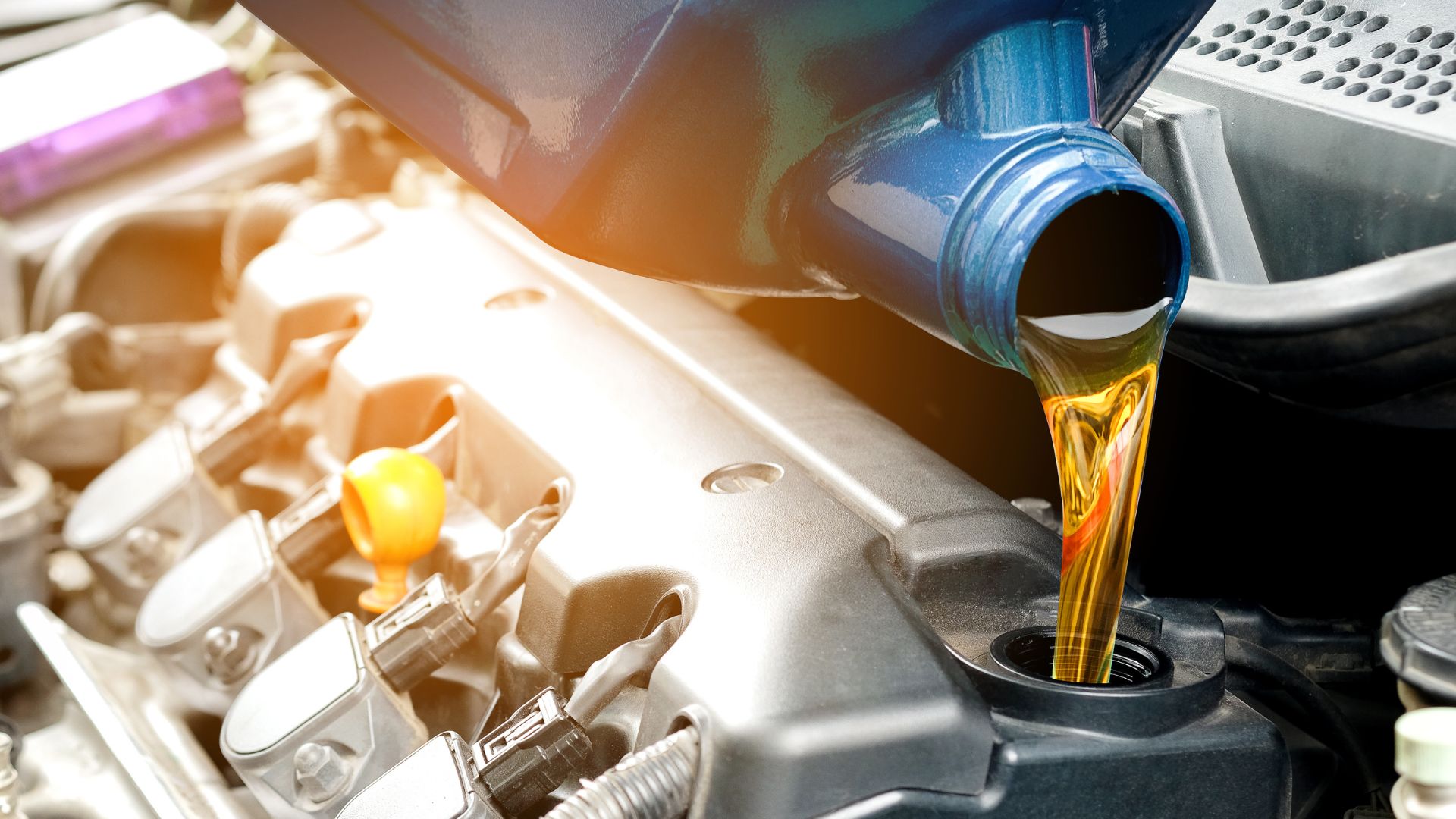Green Planet, DOST-10 team up for waste-to-fuel project in Misamis Oriental
- January 21, 2025
- 0

Green Planet Renewable Energy Corporation (GPREC) has recently inaugurated a refurbished pyrolysis plant in Naawan, Misamis Oriental, an offshoot of a partnership with the Department of Science and Technology Region 10 (DOST-10) that aims to provide an innovative solution to the province’s waste management challenges.
The plant, inaugurated on January 10, 2025, uses pyrolysis technology to convert used tires and plastic waste into industrial fuel oil, providing a cost-efficient alternative for generating heat and steam in industrial boilers and furnaces, and benefiting local manufacturers seeking affordable and sustainable energy sources.
A pyrolysis plant is a facility that converts organic materials, such as biomass, plastics, or tires, into useful products through a thermal decomposition process known as pyrolysis. In this process, materials are heated in an oxygen-free environment, causing them to break down into smaller molecules without combustion.
Pyrolysis produces several primary products, including bio-oil, a liquid fuel used for energy generation or as a feedstock for chemical refining; biochar, a solid carbon-rich material that enhances soil fertility and aids in carbon sequestration; and syngas, a mixture of gases predominantly consisting of hydrogen, carbon monoxide, and methane, which can be utilized for energy generation or as a precursor for chemicals.
This eco-friendly process supports DOST’s advocacy for a circular economy by transforming waste into valuable resources.
“We believe that with DOST’s leadership, this is only the beginning. We are confident DOST will continue using science and technology to tackle national challenges,” said GPREC’s Chief Operating Officer Fernando M. Sebial.
GPREC’s current operations focus on processing plastic and tire waste, but the company plans to expand its services to handle more waste types for local government units (LGUs) and eventually develop a “Garbage to Power” facility.
In 2024, the DOST-10 supported GPREC through the Small Enterprise Technology Upgrading Program (SETUP), improving the plant’s capacity by 33.33%. The upgrade enabled the facility to meet the growing demand for sustainable alternative fuels among industrial plants.
This initiative also contributes to Northern Mindanao’s sustainable waste management goals, aligning with the broader themes of sustainability and a circular economy highlighted during the 2024 National Science, Technology, and Innovation Week.
The partnership reflect
Explore how DOST-10’s SETUP program can support your business’s innovation journey by visiting its official Facebook page.